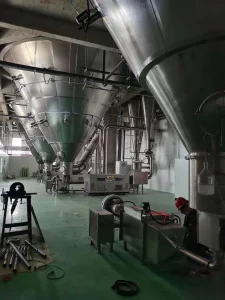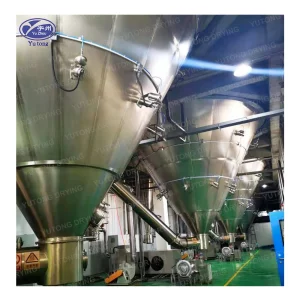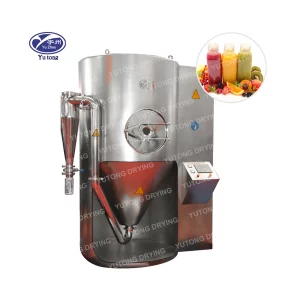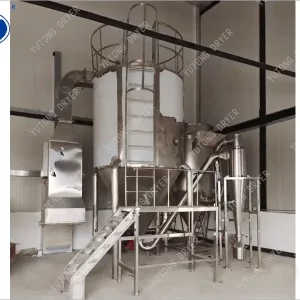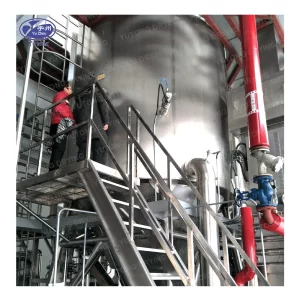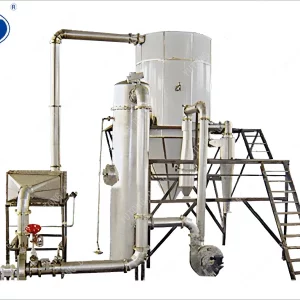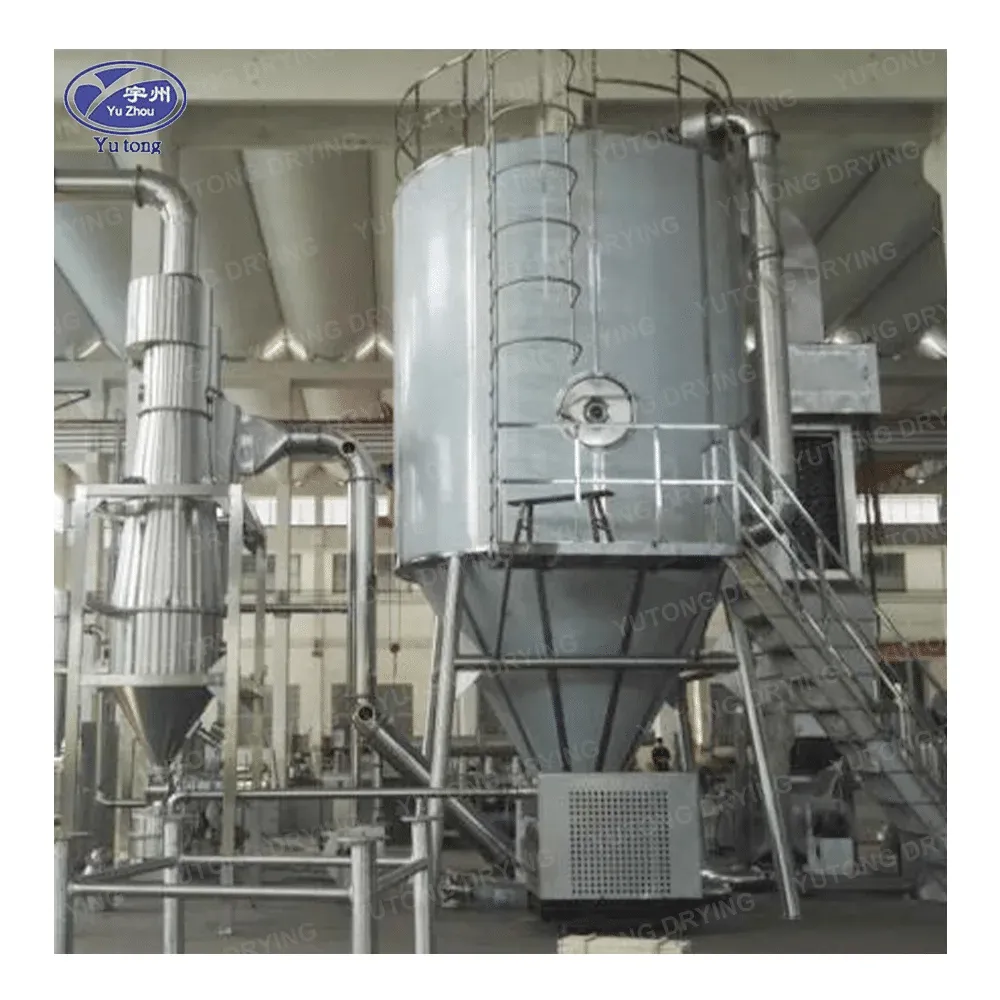Spray drying is a versatile and widely used process across multiple industries due to its ability to transform liquid or semi-liquid substances into dry, powdered forms with unique properties. Here are some of the industries that rely on spray drying.
Food Industry
In the food industry, spray drying is essential for a variety of applications. It is used to produce powdered milk, which has a longer shelf life compared to liquid milk and is easier to store and transport. Infant formula is also produced through spray drying, ensuring a consistent and nutritious product. Coffee and tea powders are created through this process, providing convenience for consumers who can quickly prepare a hot beverage. Fruit juices and purees are often spray-dried to make powdered forms that can be used in various food products like snacks and baked goods. Spray-dried spices and flavorings retain their potency and can be easily incorporated into different recipes. Additionally, egg powders are used in the baking industry as a convenient alternative to fresh eggs.
Pharmaceutical Industry
The pharmaceutical industry makes extensive use of spray drying. It is employed to produce drug powders with specific particle sizes and properties for better solubility and bioavailability. Spray drying can encapsulate drugs within particles, protecting them from degradation and controlling their release. Vaccines and other biological products can also be spray-dried for stability and ease of administration. In addition, spray drying is used to create excipients and carriers for drugs, enhancing their effectiveness and delivery.
Chemical Industry
In the chemical industry, spray drying is used to produce fine powders of various chemicals. Pigments, for example, are spray-dried to achieve a uniform particle size and color consistency. Catalysts are often spray-dried to create highly porous particles that increase their surface area and activity. Detergents and cleaning agents can be spray-dried to produce powders that are easy to handle and dissolve quickly. Specialty chemicals like flame retardants and additives can also be processed through spray drying to obtain the desired properties.
Cosmetics Industry
The cosmetics industry uses spray drying to create powders for makeup products such as powders, blushes, and eyeshadows. The process allows for precise control over particle size and shape, resulting in a smooth and even application. Spray-dried powders can also be used in skincare products like face masks and exfoliants. Ingredients such as vitamins and antioxidants can be encapsulated through spray drying and added to cosmetics for enhanced efficacy.
Materials Science and Engineering
In materials science, spray drying is used to produce advanced materials. Ceramic powders with specific properties can be created through spray drying, which is important for applications in electronics, aerospace, and healthcare. Composite materials can also be produced by spray-drying different components and then combining them. Nanoparticles can be synthesized through spray drying, offering unique properties for applications in catalysis, energy storage, and electronics.
Agriculture Industry
In the agriculture industry, spray drying is used to produce fertilizers and pesticides in powdered form. These powders are easier to handle and apply compared to liquid formulations. Feed additives for livestock and poultry can also be produced through spray drying, ensuring a consistent and nutritious diet for animals.
Environmental Industry
The environmental industry uses spray drying to treat wastewaters and sludges. By spray-drying these substances, the volume is reduced, and the resulting powder can be disposed of more easily or used for other purposes such as fuel or soil amendment.
In conclusion, spray drying is a valuable process that finds applications in a wide range of industries. Its ability to produce powders with specific properties and high uniformity makes it an essential tool for many manufacturing processes. As technology continues to advance, the applications of spray drying are likely to expand even further, contributing to the development of new and innovative products across different sectors.

